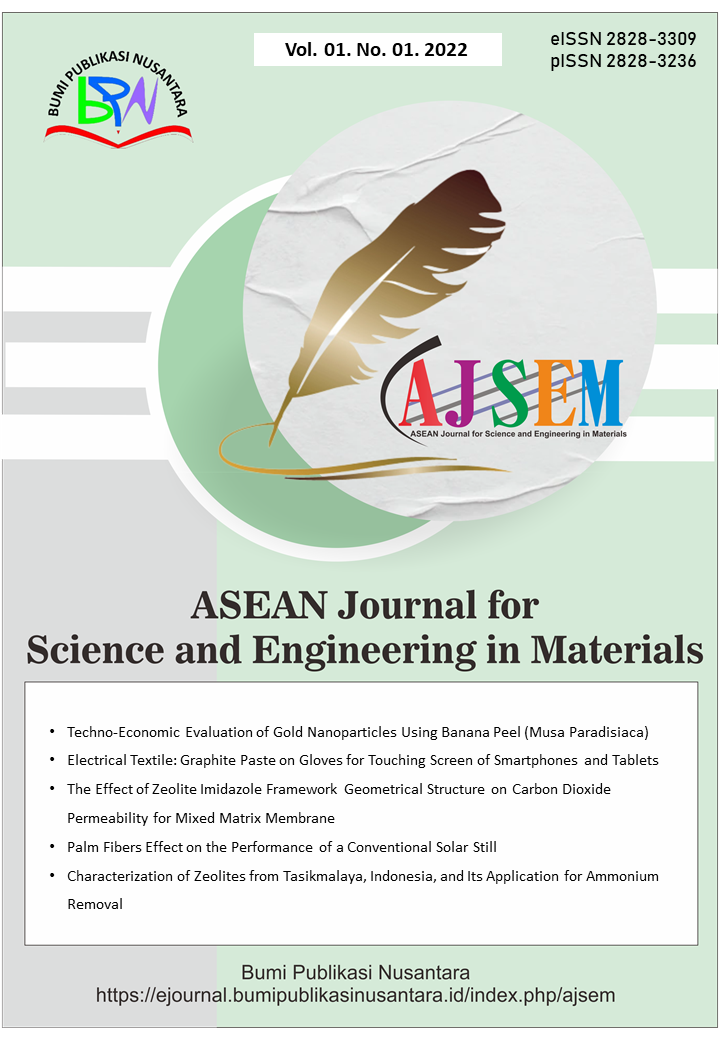The Critical Role of Nutrition in Tissue Healing
페이지 정보
작성자 Leo 작성일 25-10-07 05:22 조회 3 댓글 0본문

Adequate dietary intake plays a crucial role in the speed and efficiency of your body’s ability to restore compromised tissue. Whether you’ve experienced a cut, a strain, a surgical wound, or a bone break, your body requires the essential nutrients to regenerate tissue. Without proper dietary support, healing can be delayed, and complications such as infection may arise.
Dietary protein is one of the most important nutrients for cell regeneration. It provides the protein precursors needed to rebuild collagen in epidermis, muscle, and other fibrous structures. Excellent sources include chicken, turkey, fish, eggs, milk, yogurt, cheese, beans, red lentils, green lentils, and nuts. If your diet is low in protein, your body may have impaired cellular regeneration and fail to epidermalize properly.
L-ascorbic acid is another key player. It enables your body’s ability to form structural protein matrices, which is the dominant component in skin and connective tissues. Rich sources include oranges, lemons, limes, strawberries, red, green, yellow peppers, broccoli, and leafy greens. A insufficiency in this vitamin can lead to poor scar quality and prolonged healing time.
Zinc micronutrient supports proliferation and defense mechanisms, both of which are indispensable during healing. It is abundant in shellfish, meat, pumpkin, sunflower, hemp, pecans, and brown rice, quinoa, oats. Zinc also modulates inflammation, which is a physiological part of the healing process but must be prevented from becoming excessive.
Retinol contributes to skin regeneration and helps control the immune activation. It is present in orange root vegetables, carrots, kale, and dairy products. This vitamin is particularly critical in the first days of healing when the body is debriding necrotic cells and stimulating fibroblast activity.
EPA and DHA, found in fatty fish, ground flax, flax oil, and walnuts, help moderate hyperinflammation. While some inflammation is required, uncontrolled inflammation can impede regeneration. Omega-3s encourage homeostasis.
Hydration is often neglected but is just as important. Water enables circulation of nutrients to cells and clears metabolic byproducts from the healing site, https://support.ourarchives.online,. Insufficient hydration can impair metabolic processes and compromise wound closure speed.
Finally, getting enough calories is non-negotiable. Your body needs energy to power tissue regeneration. If you’re not maintaining adequate intake, your body may utilize protein stores for energy instead of using it to rebuild structural components.
In summary, healing is not just about sleep and patience. It is also strongly dependent on what you eat. Eating a balanced diet rich in protein, vitamins, trace elements, and healthy fats supports faster, stronger tissue repair and minimizes healing setbacks. Always seek advice from a medical professional or clinical nutrition expert if you have specific healing needs, especially after surgery or complex wound.
- 이전글 Buy Counterfeit Money: What's No One Is Discussing
- 다음글 ✅【찌라시.COM 텔레 adbora】✅ 구글마케팅광고 구글마케팅홍보 구글마케팅대행 찌라시마케팅전문 찌라시마케팅광고업체 찌라시마케팅대행업체
댓글목록 0
등록된 댓글이 없습니다.



